Representation, as an institution, in the framework of the criminal process serves to assist participants in the realization by them of their legal capabilities through other persons. Its implementation is distinguished by a number of features. In particular, the presence of a representative implies, as a rule, the direct participation of the person in whose interests he acts. At the same time, the personal presence of the party at the hearing does not exclude his ability to use the services of a third party to protect his interests. The main issues related to attracting a proxy are determined by Article 45 of the Code of Criminal Procedure. Consider its position. 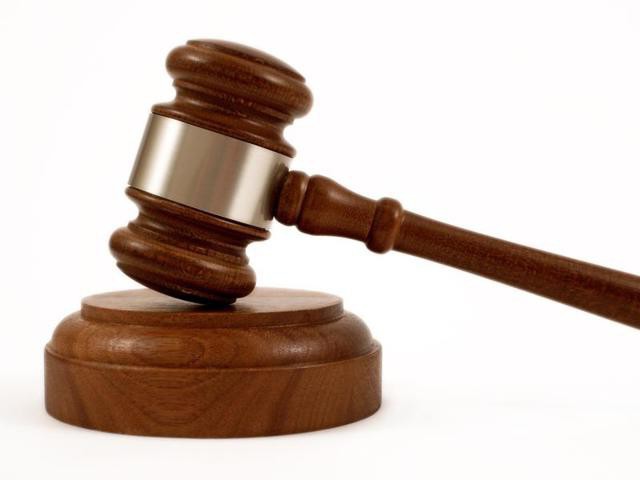
Subject composition
According to Criminal Procedure Code, representative of the victim this is primarily his defender. Also, in the interests of the person may be one of his relatives or another citizen, whose involvement the victim asks for. Mandatory involved representatives of a minor victim or a person who, due to his condition, cannot independently defend himself. As them, parents, trustees / guardians can act. In case of their absence, other persons responsible for the victim may be involved.
Additionally
At the written request of the representative of a person under 16 years of age and in respect of whom there was an encroachment against his sexual integrity, the involvement of a defender is provided by authorized employees and bodies. The corresponding responsibility lies with the interrogating officer / investigator and the court. Expenses of the victim per representative in this case, compensated by the federal budget. In accordance with the decision of the investigator, judge, inquiry officer, the parent, guardian, trustee of a person under the age of 18 may be removed from the hearing if there is reason to believe that his actions could harm the interests of this citizen. In this case, another legal representative of the victim. Persons involved in the proceedings as proxies acting in the interests of the victim have the same legal capabilities as their clients.
Explanations
Legal representative of the victim may be involved in the production from the moment a decision (decision) is made by an authorized person. The actual grounds for making this decision are the information present in the documents provided by the candidate. Papers must confirm the fact that this subject acts as his adoptive parent, parent, etc. As a rule, representative of the victim - lawyercarrying out protection. He has the same legal capabilities as the client. 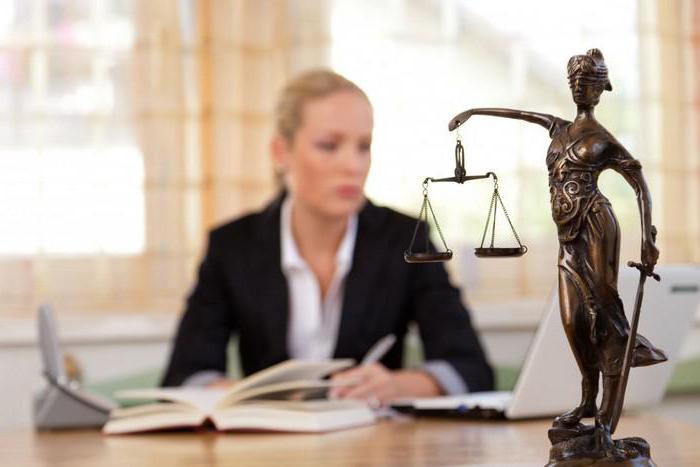
Special cases
In Art. 45 of the CPC, two types of persons are mentioned - legal representative and representative. The first may be, as already mentioned above, the trustee, adoptive parent, parent, etc. Meanwhile, as representatives of a minor victim elder capable siblings / brother, grandmother or grandfather may act.If a person who has reached 18 years of age due to his mental or physical characteristics cannot independently defend his interests, then other people can do it for him. For example, it can be a spouse, a capable child, including an adopted child, or a grandson, siblings, and grandfather / grandmother. In fact, none of these citizens acts as representative of the victim. In criminal proceedingsHowever, if there are appropriate grounds, one of them may be brought to trial.
Documents
As indicated above, candidates must submit papers confirming the right to speak out in defense of the interests of the victim. The participation of a lawyer in criminal proceedings allowed upon presentation of a special certificate. Officials of institutions, enterprises, organizations provide a power of attorney or an act of the competent authority (state or local government). A close relative presents documents proving that he is a parent, son, etc. The victim’s request for admission of a representative must be attached to them. Any other person should be given only a written request from the victim to bring a particular subject to production. Persons who represent the interests of minors or citizens who are not able to independently carry out their protection, present documents proving the relevant fact (under 18 years of age or the presence of a disease or disorder). 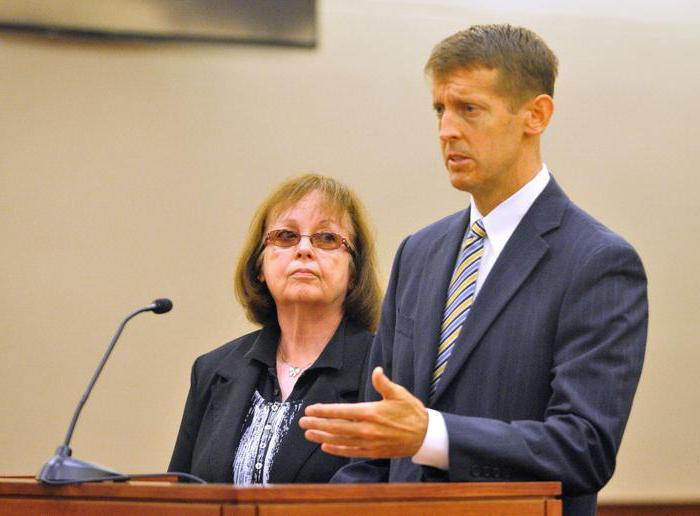
Legal Opportunities: Classification
By analyzing the norms, we can divide the rights of the representative of the victim into several groups. The first includes legal opportunities that are provided to all persons involved in production. The second group includes the rights of the representative as the subject of the investigative action. In the third category, the opportunities that are provided to the person as a party to the proceedings. In addition, specific rights can be distinguished. Let's consider some of them.
Common rights
An entity acting in the interests of the victim may:
- To testify, to make statements, to bring complaints, to challenge and request, to speak in a language that he is fluent in.
- Use the services of a translator. Relevant assistance is provided free of charge.
- Present documents or objects for their inclusion in the materials of production as evidence.
Representative of the victim in criminal proceedings, like any other subject involved in the proceedings, can not be subjected to torture, violence, other cruel, degrading treatment.
Legal Opportunities under Investigative Action
The representative of the victim in criminal proceedings may:
- Ask questions to others involved in the event. This possibility is realized with the consent of the inquiry officer, investigator and other authorized employee.
- Know the order and purpose of the event.
- Get to know the protocol.
- Submit comments.
- Require additions or clarification of the information reflected in the protocol.
- Confirm the accuracy of the recording of information in documents.
- Refuse to sign a protocol explaining the reasons.
Investigative actions also include interrogation of the representative of the victim. During it, a person may:
- Use notes, documents, notes that are with him.
- Read papers related to the testimony of the client.
- Rest for an hour after the conversation, the duration of which is 4 hours.
Representative of the victim in criminal proceedings may refuse to testify. He may not testify against himself and his relatives. The range of the latter is determined by Article 5 of the Code of Criminal Procedure (Part 4). 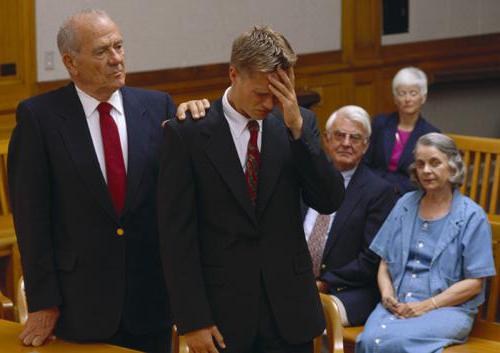
Legal capabilities of a person as a party to production
A representative of a criminal victim of a private charge, as well as a public one, may:
- Collect written documents and items for subsequent familiarization with production materials.
- Receive notification of the time, place and date of the meeting. The notice must be sent 5 days before the hearing.
- Participate in investigative actions carried out at his request. This opportunity is implemented with the permission of the inquiry officer, investigator and other authorized employee.
- Participate in the study of evidence during the investigation.
- Get acquainted with the contents of the minutes of the meeting, submit comments.
- To challenge the determination, ruling, court sentence.
- To know about complaints, representations brought in a criminal case, file objections to them.
Grounds for attracting a person to production
Criminal lawyer or another entity acting in the interests of the victim may be involved in the proceedings, in accordance with the rules or agreement. In the latter case, the citizen receives a power of attorney. The victim and his representative enter into a legal aid agreement. As a rule, this service is paid. The legislation establishes cases where a citizen is charged with the obligation to act as a representative of the victim. As a rule, it is assigned to parents, adoptive parents, guardians, employees of organizations and institutions, in the care of which there is a person under 18 years of age. 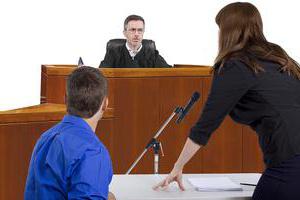
Specificity of Norms
Article 45 in the first part defines the circle of persons who may act in defense of the interests of entities that have become victims of crimes. These citizens can exercise their powers in both pre-trial and judicial proceedings. The only person who has the opportunity to act in the interests of the victim in the first instance, according to the specified norm, is criminal lawyer. However, when considering a case in a magistrate court, other persons may be involved in the proceedings. According to the decision of the authorized employee, one of the relatives or another citizen may be allowed to take part in the proceedings, about the application of which the victim requests.
Opinion of the COP
An analysis of Article 45 of the Code of Criminal Procedure shows that this norm, in fact, establishes a monopoly of defenders to provide legal assistance. This fact was often discussed at meetings of the COP. In the Court's view, admission to the criminal proceedings as representatives of the victim exclusively by defense counsel should be regarded as a violation of the principle of legal equality. When implementing the provisions of the norm, these persons, as well as their associations, arbitrarily become in a more privileged position in comparison with private practicing lawyers and organizations whose subject matter is the provision of qualified assistance, including in court proceedings. What does the Constitution say about this? The Basic Law guarantees the ability of a person to receive qualified legal assistance in the person of an exclusively defense attorney only for the accused and suspect. About other citizens involved in the production, nothing is said. This provision is enshrined in article 49 of the Code of Criminal Procedure. Depriving a victim, as well as a civil plaintiff, of proceedings, jurisdictional federal instances, of the opportunity to turn to other persons who, in their opinion, can provide qualified assistance, would in fact lead to coercion to use only one single way of protection. This, in turn, is not consistent with Art. 45 of the Constitution. This restriction would significantly narrow the possibilities of the civil plaintiff and the victim to freely choose the option of protecting their own interests. Moreover, it infringes the right to equal access to justice, which is guaranteed by Art. 46 of the Constitution. Given the above, the COP made the following conclusion.Part one of Article 45 of the Code of Criminal Procedure, in accordance with its constitutional legal interpretation, provides that not only defense counsel, but also other citizens. To them, first of all, include relatives, on the attraction of which the subject asks. 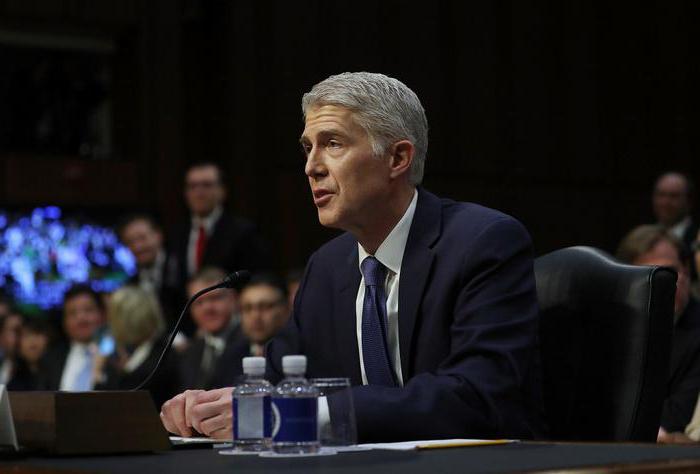
Protection of the interests of legal entities
Legal entities may also be involved in the case as a victim or civil plaintiff. On their behalf, their interests are advocated by leaders or other citizens authorized by him. The director of the enterprise acts on the basis of constituent documentation or legal acts. A person authorized by the manager may be a representative if a power of attorney has been issued to him. It is provided by the director of the enterprise.
Nuances
As noted above, a representative is admitted to proceedings upon presentation of a document proving his authority. Close relatives must be provided with paper proving their relationship with the victim. As a rule, this is a passport and birth certificate. A marriage certificate may also be presented. Other persons must attach a power of attorney to the document proving their identity. It must spell out the authority of the representative and the period for which they are granted. The concept of power of attorney is disclosed in Art. 185 Civil Code. According to a number of authors, in legal proceedings the powers of an entity acting on behalf of the victim can also be determined by an oral statement. As a general rule, such petitions are recorded in the minutes of the meeting. Some lawyers are of the opinion that authority can also be stated in writing directly in court. The authors associate this possibility with the fact that the instance is a state body administering justice. Accordingly, it is able to verify the authenticity of the personal data of the representative and the voluntary will of the citizen in whose interests he acts.
Important points
Particular attention should be paid to the participation of a lawyer. When attracting him as a person acting in the interests of the injured or civil plaintiff, it must be borne in mind that he is not required to receive an order issued by the relevant association for the execution of the order. This is due to the following. According to Article 6 of the Federal Law "On the Bar in the Russian Federation", the issuance of an order is carried out exclusively in cases enshrined in federal regulations. In the Code of Criminal Procedure, this requirement applies to situations in which a lawyer defends the accused or suspect. The corresponding requirement is contained in Article 49 of the Code of Criminal Procedure (Part 4). In other cases, the defender is involved in the proceedings on the basis of a power of attorney. Meanwhile, Article 45 of the Code of Criminal Procedure lays another claim on counsel. In addition to the power of attorney, he must have a special certificate. It seems that in practice the involvement of a defender can also be carried out upon presentation of an order. This document, like a certificate or power of attorney, allows you to confirm the identity of the citizen and his authority to participate in the process. Moreover, no one from the defense counsel, including officials and bodies conducting the proceedings, can demand the provision of an agreement concluded between them for the provision of legal services. A similar requirement has been established for cases where a representative acts in the interests of a private prosecutor.
Conclusion
The legal status of representatives in criminal proceedings is considered to be derived from the legal status of persons in whose interests they act. At the same time, the activities of the former in the framework of legal proceedings create certain powers and obligations for principals. Their specific volume is determined by the will of the represented.He, in turn, at his discretion, may limit the powers of the attorney, if an agreement was concluded. If the victim, private prosecutor or civil plaintiff is incapable, his rights in full automatically transfer to the representative. Thus, the latter has all the legal capabilities that the principal is, regardless of whether he is a citizen or a legal entity. However, there is one exception. It refers to the testimony. They can only be given by a civil plaintiff or a victim personally. However, the involvement of a legal representative in legal proceedings does not exclude the possibility of questioning him as a witness. It should be said that the need to involve proxies arises in practice quite often. This is due to the inability of victims to adequately perceive what is happening. This situation is understandable. A citizen who is a victim is in a state of stress after an assault has been committed against him. In some cases, his moral suffering is combined with physical. Therefore, qualified assistance is necessary for him. Lawyer services are usually paid. The law allows for the appointment of counsel for free. In particular, persons under the age of 18 have such an opportunity.